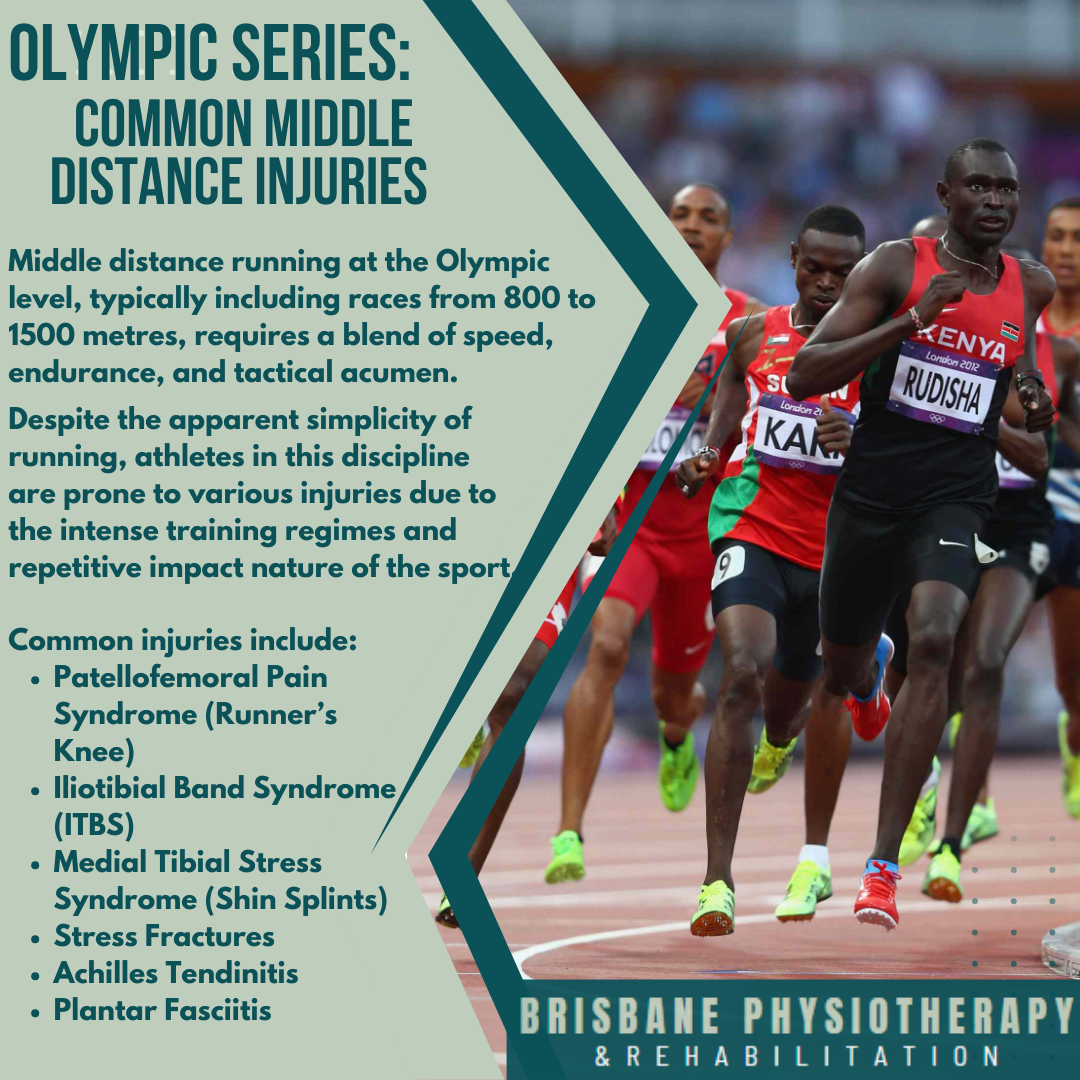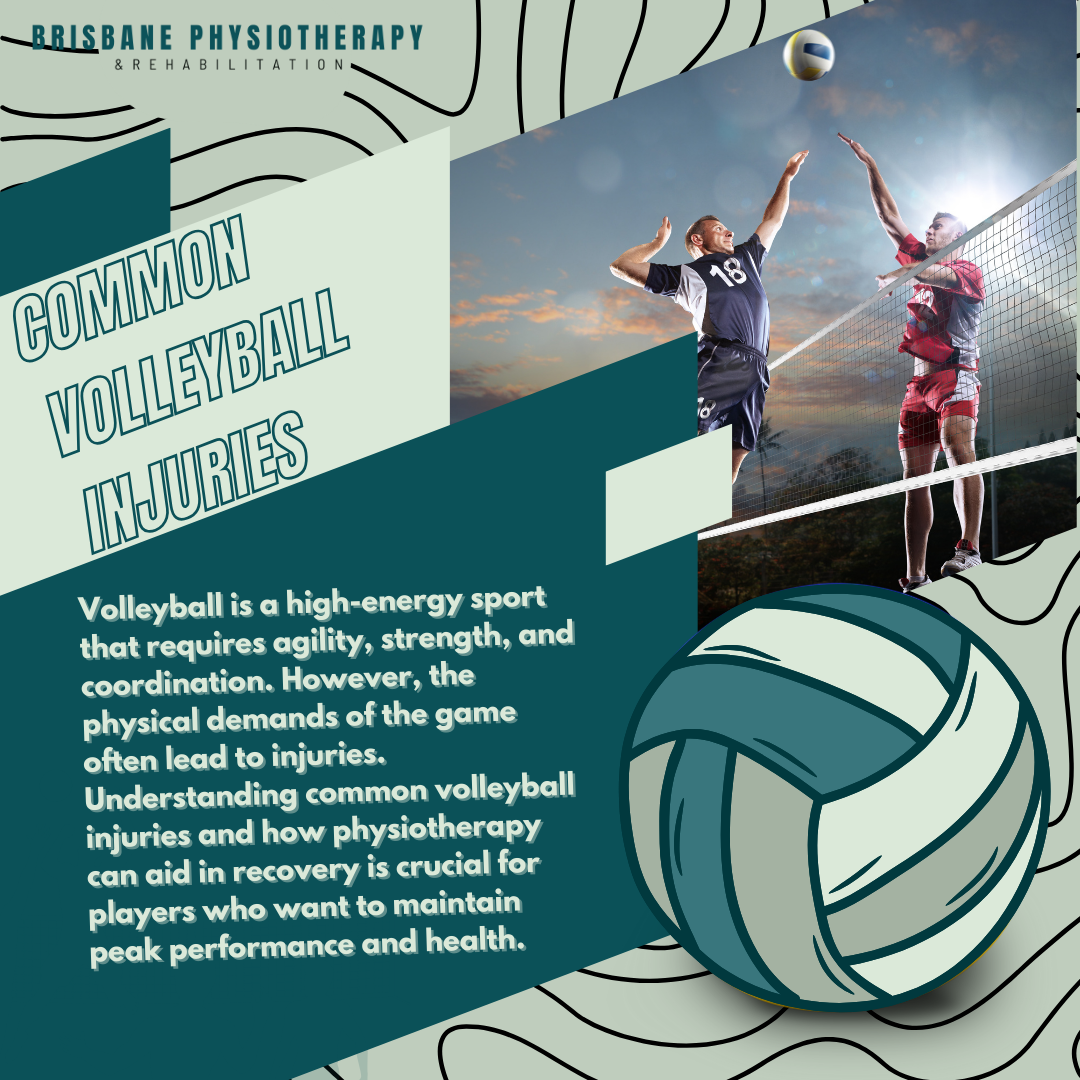
News & Articles

Common Hammer Throw Injuries In Physiotherapy
Hammer throw is an Olympic track and field event where athletes throw a heavy metal ball (the hammer) for maximum distance within a throwing circle. Common injuries include shoulder, elbow, back, knee, and ankle injuries due to the repetitive and forceful nature of the sport. Physiotherapy management focuses on rest, ice therapy, physical therapy exercises (stretching and strengthening), technique correction, and a gradual return to activity to facilitate recovery and prevent re-injury

Common Fencing Injuries In Physiotherapy
Fencing is a sport where competitors engage in one-on-one or team bouts, using bladed weapons to score points by striking their opponent while avoiding being struck themselves. It requires a combination of speed, agility, endurance, and tactical thinking.

Common Equestrian and Horse Riding Injuries In Physiotherapy
Equestrian sports in the Olympics involve dressage, show jumping, and eventing, requiring precision, athleticism, and harmony between rider and horse. Common injuries include soft tissue injuries, fractures, concussions, spinal injuries, and overuse injuries. Physiotherapy management focuses on pain relief, restoring movement and strength, correcting posture, and safely returning riders to sport through tailored rehabilitation programs. Injury prevention strategies are crucial to maintain long-term health and performance in equestrian athletes.

Common Diving Injuries In Physiotherapy
Diving is a sport where athletes perform acrobatic maneuvers while diving into a pool from a springboard or platform. It requires a combination of strength, flexibility, coordination, and precise timing. Athletes execute dives that are judged based on their degree of difficulty, execution, and entry into the water.

Common Badminton Injuries in Physiotherapy
Badminton is a racquet sport played using racquets to hit a shuttlecock across a net. It is usually played as a singles or doubles match. The objective is to score points by landing the shuttlecock in the opponent's half of the court. The game is fast-paced and requires quick reflexes, agility, strength, and precision. It has been an Olympic sport since the 1992 Summer Olympics in Barcelona.

Common Discus Injuries in Physiotherapy
Discus throwing is a track and field event where athletes compete to throw a heavy discus as far as possible. The sport requires athletes to develop strong rotational power and precise technique to achieve optimal distance.

Common Olympic Middle Distance Injuries seen in Physiotherapy
Middle distance running at the Olympic level, which typically includes races from 800 metres to 1500 metres, requires a blend of speed, endurance, and tactical acumen. Despite the apparent simplicity of running, athletes in this discipline are prone to various injuries due to the intense training regimes and repetitive nature of the sport. Understanding these injuries by body region is crucial for maintaining peak performance.

Common Volleyball Injuries and How Physiotherapy Can Help
Volleyball is a high-energy sport that requires agility, strength, and coordination. However, the physical demands of the game often lead to injuries. Understanding common volleyball injuries and how physiotherapy can aid in recovery is crucial for players who want to maintain peak performance and health.

Physiotherapy Guide to Common Hockey Injuries
Hockey is a thrilling and physically demanding sport that requires speed, agility, and strength. Whether on ice or field, hockey players are constantly at risk of injury due to the high-intensity nature of the game. Understanding the common injuries in hockey and how physiotherapy can aid in recovery is essential for players aiming to stay in top form and extend their careers.

Common Olympic Sprinting Injuries seen in Physiotherapy
Olympic short distance running demands peak physical condition and exceptional speed, yet it also comes with the risk of various injuries that can sideline athletes without proper care. Understanding these common injuries and how physiotherapists approach their treatment is crucial for athletes aiming to maintain optimal performance.